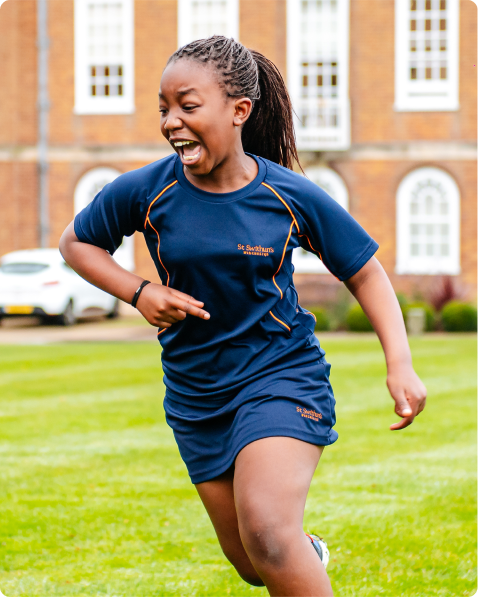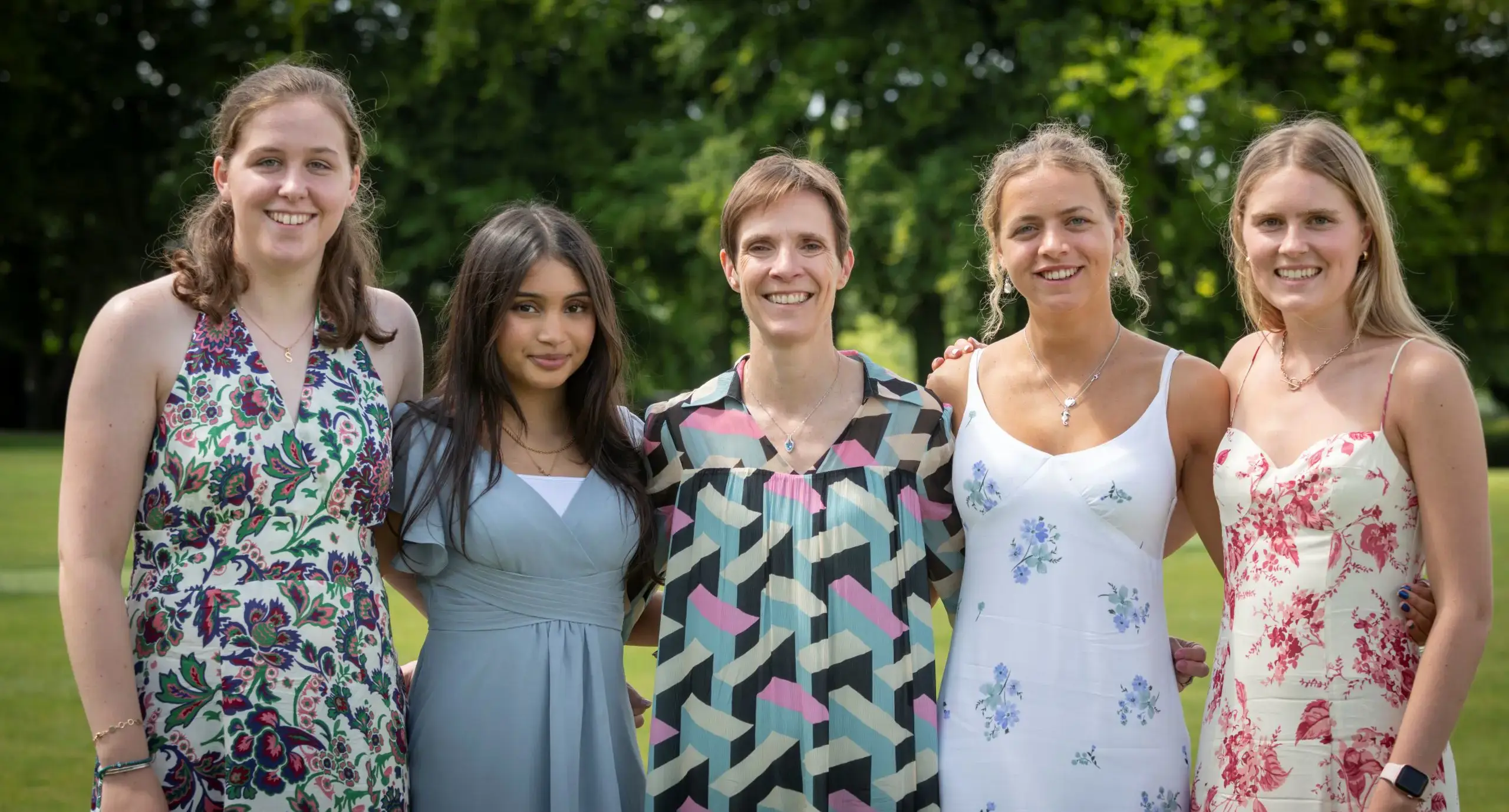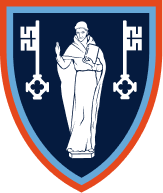 |
The 'Fire Walk' and the 'Masked Singer' could be two protagonists in a Marvel movie, but to me they are two events that epitomise the spirit of St Swithun's. |
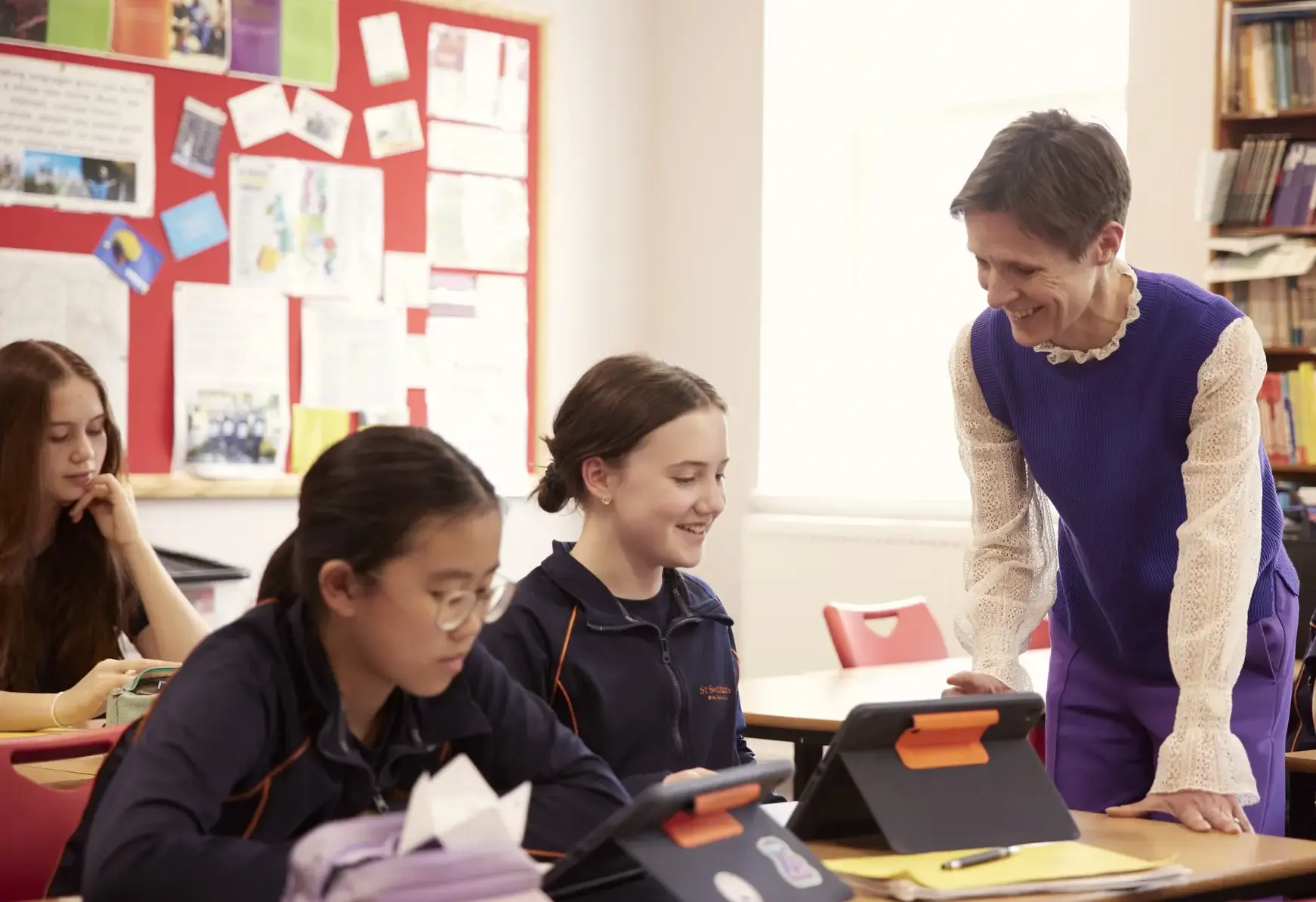 We encourage our students to ‘feel the fear and do it anyway’ in taking part in the fire walk and to feel a real sense of belonging as they watch and cheer our staff in the Masked Singer. Above our front door are the words caritas, humilitas and sinceritas, qualities associated with Saint Swithun himself. If we can equip our students to be kind, quietly self-confident and honest, we know that will take them far.
We encourage our students to ‘feel the fear and do it anyway’ in taking part in the fire walk and to feel a real sense of belonging as they watch and cheer our staff in the Masked Singer. Above our front door are the words caritas, humilitas and sinceritas, qualities associated with Saint Swithun himself. If we can equip our students to be kind, quietly self-confident and honest, we know that will take them far.
We also know that if we believe the best of our students and teach them the right skills and behaviours they are all capable of high performance, hence our membership of the High Performance Learning Fellowship of World Class schools.
We deliberately teach skills and behaviours such as being risk-taking, enquiring and concerned for society, and the ability to be precise, self-regulating and original. We see the results in everything that our students do whether in the classroom, on stage, on the sports field or in the community.
Through this process and through explicitly teaching aspects of positive psychology such as how to have a positive purpose beyond one’s self, how to deal effectively with negative emotions and how to develop positive relationships, we equip our students to negotiate difficulties and disappointments as well as how to enjoy wholeheartedly all the fabulous elements of growing up.
‘The Power of Fun’ by Catherine Price and ‘Belonging’ by Owen Eastwood are two books that should be on every school leader’s reading list. As Catherine Price says, ‘if you make fun a priority, you will be healthier and have more energy. You will be more productive, less resentful and less stressed. You will find community and a sense of purpose. You will stop languishing and start flourishing.’ This is exactly how we view St Swithun’s. And when it comes to belonging, we create an understanding for our students that they belong here, that they are safe and respected, that they can be their authentic selves and that it is their duty to leave St Swithun’s in a better place than they found it.
At the time of writing, just 13 of the 193 member states of the United Nations have a female head of state, only 10 FTSE 100 companies have a female chief executive and research shows that men’s greater self-confidence leads to them reaching a disproportionate number of ‘top jobs’. Arguably girls’ schools are more important than ever, providing as they do, a place in which girls find their voice, practise leadership and develop more mental toughness than their peers in co-ed schools.
In fact, women educated in girls’ schools have exactly the same levels of self-confidence as men, bucking societal trends. And girls at girls’ schools are encouraged to follow their passions. Zara Rutherford, who left St Swithun’s in 2021, became the youngest woman to fly solo around the world and the first person to complete a circumnavigation in a microlight aircraft.
The sky truly is the limit.
Headmistress
Jane Gandee
Register your interest
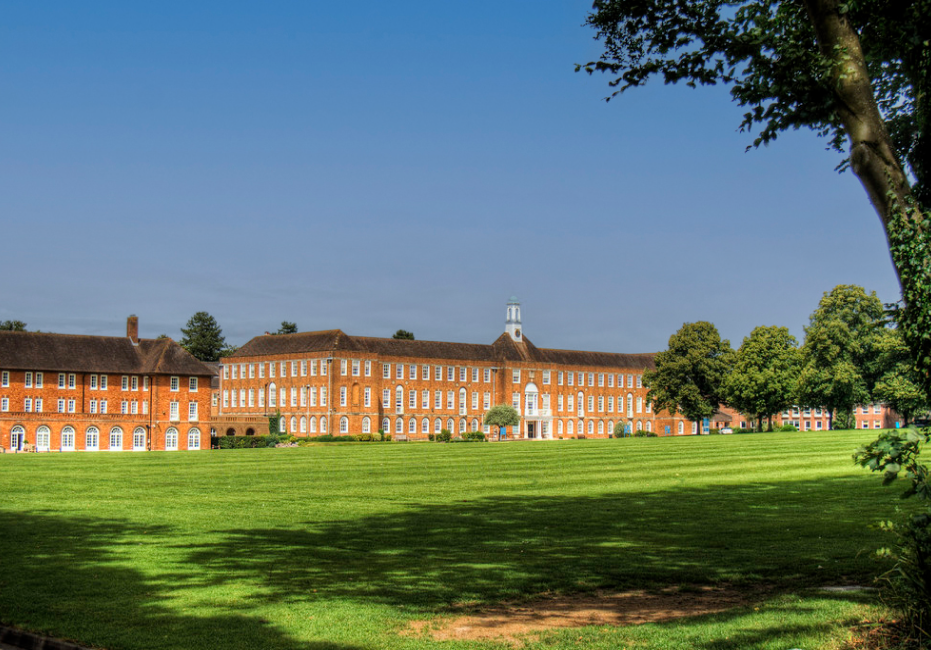
Admissions
Our friendly admissions team is here to guide you through each step from your initial enquiry to final enrollment. For more information on the admissions pathway visit our admissions page.
